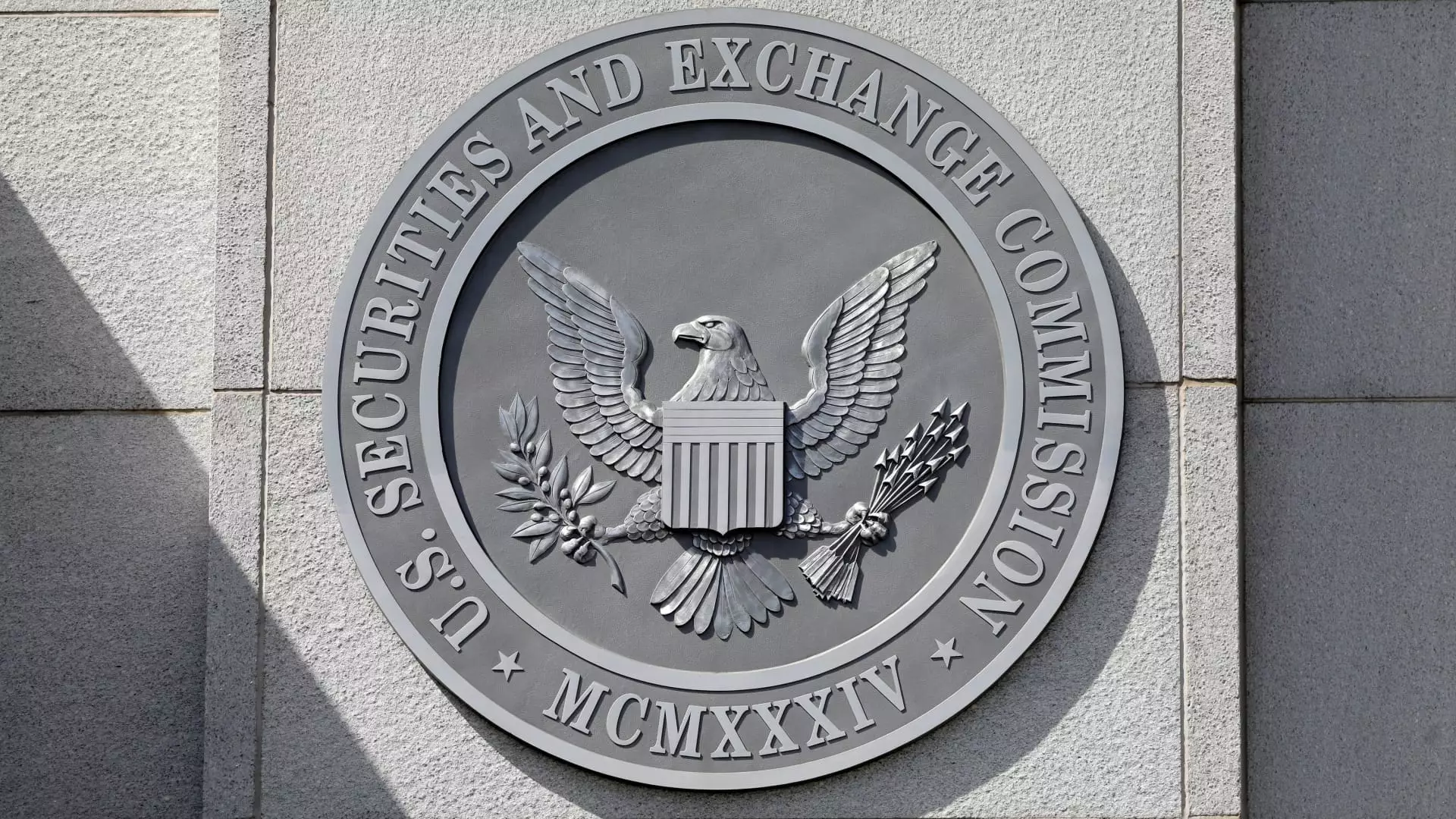The U.S. Securities and Exchange Commission (SEC) has recently undergone significant procedural shifts that could reshape the future of financial regulatory practices. After the transition of the presidency and the appointment of new leadership, these changes have stirred debates regarding their implications for the enforcement of securities laws. According to sources close to the matter, the SEC has implemented new protocols requiring lawyers to secure approval from politically appointed commissioners before initiating formal investigations. This alteration not only signals a change in internal dynamics but may also impact the pace and scope of investigations moving forward.
Traditionally, the SEC operates as an independent regulatory entity overseen by a commission comprised of five members appointed by the president. Under the current administration, the commission is notably imbalanced with three members: two Republicans and one Democrat. This structure has raised concerns about potential biases in regulatory practices. The current setup allows for considerable influence from the majority party, which can have profound effects on how aggressively the SEC pursues investigations.
Recent reports suggest that enforcement staff, who previously had the authority to commence investigations with relative autonomy, are now required to obtain approval for all formal orders. This step is particularly relevant as such orders are critical for issuing subpoenas for testimony and documents. The implications of stripping enforcement staff of their previous levels of autonomy introduce an element of bureaucratic delay to the investigative process, raising questions about the SEC’s ability to act swiftly in a fast-paced financial landscape.
Supporters of these procedural changes argue that they could lead to a more judicious approach, reducing potential harm to individuals under investigation. By requiring commissioners to weigh in on more cases, the SEC might be positioning itself to ensure a fairer examination of cases before advancing to formal investigations. However, critics argue that these measures inhibit the necessary independence of SEC enforcement staff, potentially leading to delays in responding to misconduct in the financial sector.
The ramifications of greater control by politically appointed leadership have sparked discussions among industry insiders. Following the appointment of Mark Uyeda as the acting chair, the regulatory posture of the SEC appears to be shifting towards a more industry-friendly approach. This transition is reminiscent of the previous administration’s style, which favored a more streamlined process for managing investigations compared to the Biden administration’s more aggressive oversight.
In recent years, the SEC’s enforcement procedures have evolved significantly. During the era before Trump’s presidency, there was a trend toward decentralizing the initiation of investigations, empowering enforcement directors and senior staff to take necessary actions without excessive oversight. This flexibility was viewed as a means of enhancing responsiveness to potential market abuses.
The recent changes, however, represent a methodological regression, wherein approval from the commission is now mandated for formally launching investigations. While it does not signal a definitive decrease in investigations, the new procedural dynamics could introduce additional steps to the process, potentially leading to critiques about efficiency.
An overarching concern surrounding this shift centers on its potential impact on market integrity and investor protection. By placing more investigatory power in the hands of politically appointed commissioners, there’s a risk that decisions may reflect political considerations rather than solely the need for regulatory enforcement. Furthermore, this could embolden inappropriate behaviors in the marketplace if oversight mechanisms appear weakened or excessively controlled by managerial interests.
The SEC’s recalibrated approach under the current administration may reflect a more cautious and politically inclined regulatory ethos. As the balance of power shifts within the agency, all stakeholders, from investors to corporate actors, should remain vigilant regarding how these changes could reshape the landscape of securities regulation and enforcement. The long-term impact of these procedural adaptations will undoubtedly influence the ongoing dialogue surrounding the SEC’s mission and authority in safeguarding market integrity and protecting investors.


Leave a Reply